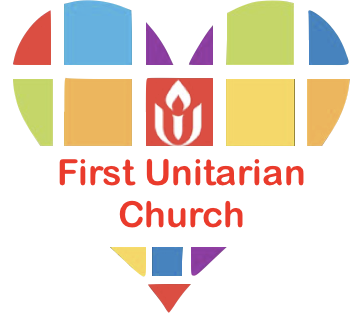1968
- victory at the Cleveland General Assembly -
The UUA General Assembly was held in May, 1968 in Cleveland, just weeks after Martin Luther King, Jr.’s murder. Tensions were understandably high and there was an even greater urgency to address racial equality issues within the UUA.
The request to form and fund the BAC was placed on the conference agenda. Another group that included both African- and Euro-American members had formed in New York just prior to the GA, and they called themselves the Black and White Alternative, and later Black and White Action (BAWA). BAWA also sought funding for their more their different, more integration-focused approach. BAC objected to BAWA’s funding, preferring instead that funding not be split among multiple groups.
On the third day of the assembly, on May 26, 1968, the delegates voted 836 to 327 to reverse the Board’s decision on Black Empowerment and approved funding the BAC at $250,000 a year for four years, and also voted to provide BAWA with $50,000 of funding.
Fritchman described the 1968 GA as “critical, stormy, [and] controversial” and noted that the proposals by BUUC “challenged the Unitarians as they had not been challenged since Ralph Waldo Emerson headed a ‘walk-out’ in the previous century with the organizing of the Free Religious Association.”
One of our church’s delegates to the GA, Althea Alexander, faced her first encounter with verbal and near-physical assault at the Assembly where one delegate said to her, “Why do you n---s want to be in our movement anyway?” (Alexander was later elected secretary of the National Unitarian Universalist Service Committee in Boston.) Several years after the events of 1968, Fritchman asked Alexander: “Why does an attractive, successful Black woman stay in a church where she met such savage rejection?” Her response: “Because I joined your Los Angeles church at seventeen, and no s.o.b. was going to drive me out.”
In a sermon following the 1968 General Assembly, Fritchman shared the following message:
“During the past year and in the climax of the Cleveland Assembly, we faced the frailty as well as the strength of all institutions, including our own. We learned in sometimes bitter confrontation that if a progressive religious ethic is to survive, it and the institution supporting it must face the fearful fact of change and transformation. To rise to the demands of the Unitarian evolution since the Cleveland Assembly simulates considerable adrenalin and compels the agony of thought about what comes next.”
